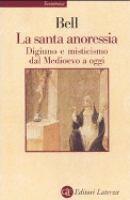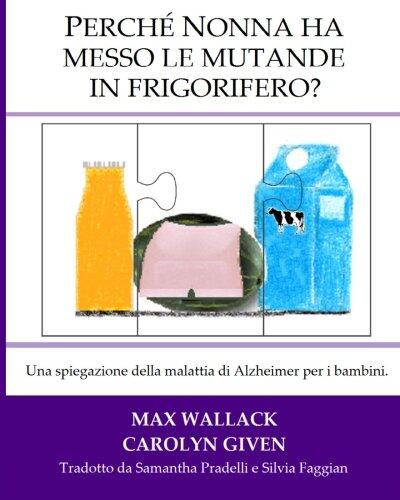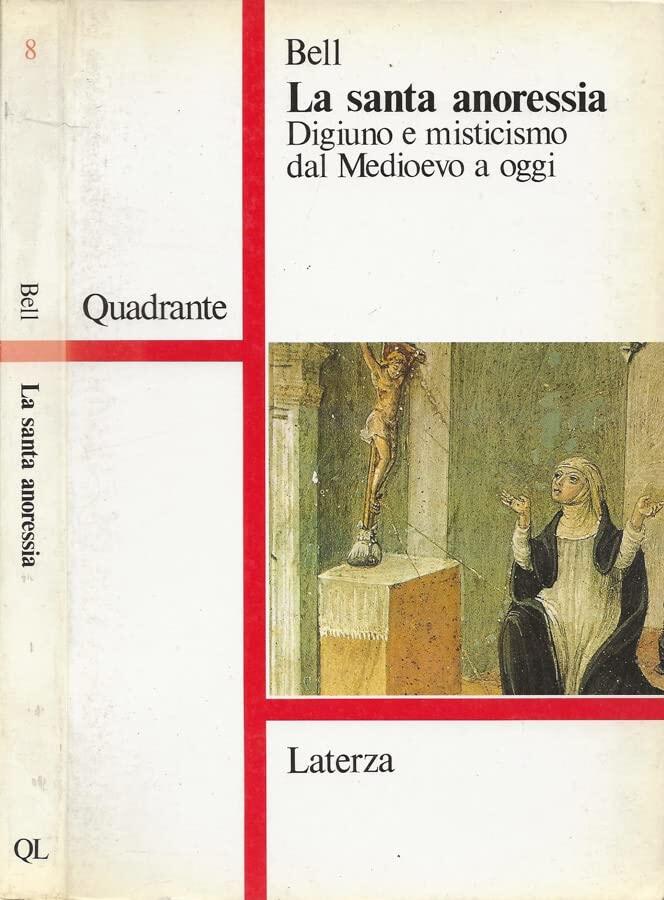
La santa anoressia. Digiuno e misticismo dal Medioevo a oggi
아직 평점이 없습니다
Young Adult
Religion & Spirituality
History
형식
페이퍼백
페이지
281
언어
이탈리아어
출판됨
Jan 1, 2002
출판사
Laterza
ISBN-10
8842056294
ISBN-13
9788842056294
설명
Rudolph M. Bell delves into the intricate relationship between fasting, mysticism, and the modern epidemic of anorexia in "La santa anoressia." In this thought-provoking exploration, he draws parallels between the historical accounts of medieval ascetics and contemporary cases of young women battling with severe food restriction. Bell paints a vivid picture of how societal pressures and the quest for spiritual or physical perfection intertwine, leading to a form of modern-day sanctity rooted in deprivation.
The narrative not only chronicles the evolution of fasting practices from the Middle Ages to the present but also highlights the psychological and cultural implications of these behaviors. By examining the motivations behind anorexia, Bell reveals how the allure of control over one's body can echo the religious fervor of past generations. Through detailed analysis, he encourages readers to consider the deeper meanings of abstinence and its impact on identity.
Bell's insightful examination sheds light on the tragic intersections of faith, self-discipline, and the quest for acceptance, prompting critical reflections on contemporary views of health and wellness. His work serves as a poignant reminder that the struggle with food can encompass far more than mere dietary choices; it can reflect complex narratives about one's place in society, making it a compelling read for those interested in psychology, history, and cultural studies.
The narrative not only chronicles the evolution of fasting practices from the Middle Ages to the present but also highlights the psychological and cultural implications of these behaviors. By examining the motivations behind anorexia, Bell reveals how the allure of control over one's body can echo the religious fervor of past generations. Through detailed analysis, he encourages readers to consider the deeper meanings of abstinence and its impact on identity.
Bell's insightful examination sheds light on the tragic intersections of faith, self-discipline, and the quest for acceptance, prompting critical reflections on contemporary views of health and wellness. His work serves as a poignant reminder that the struggle with food can encompass far more than mere dietary choices; it can reflect complex narratives about one's place in society, making it a compelling read for those interested in psychology, history, and cultural studies.



















